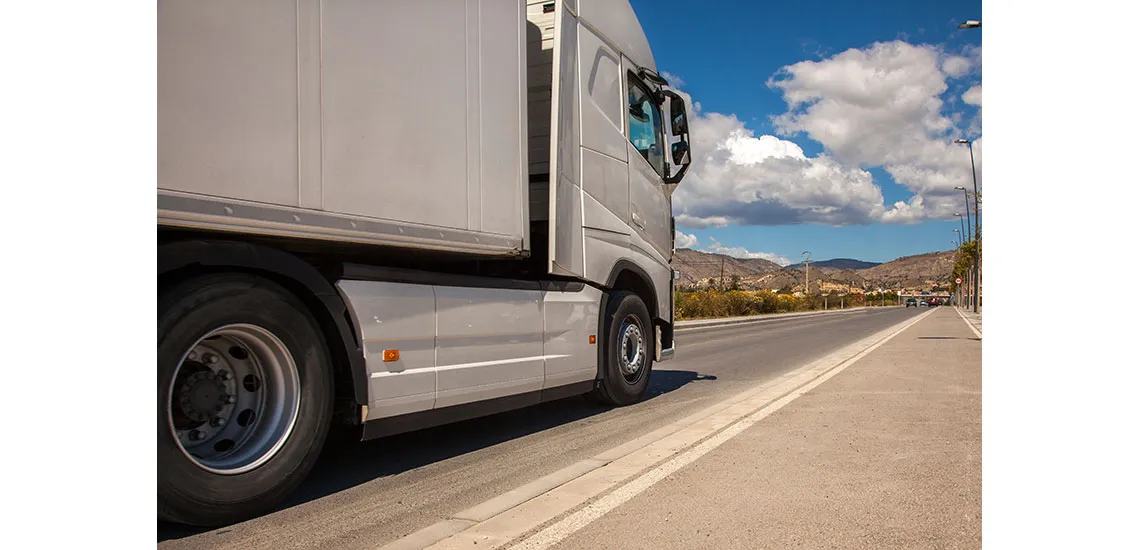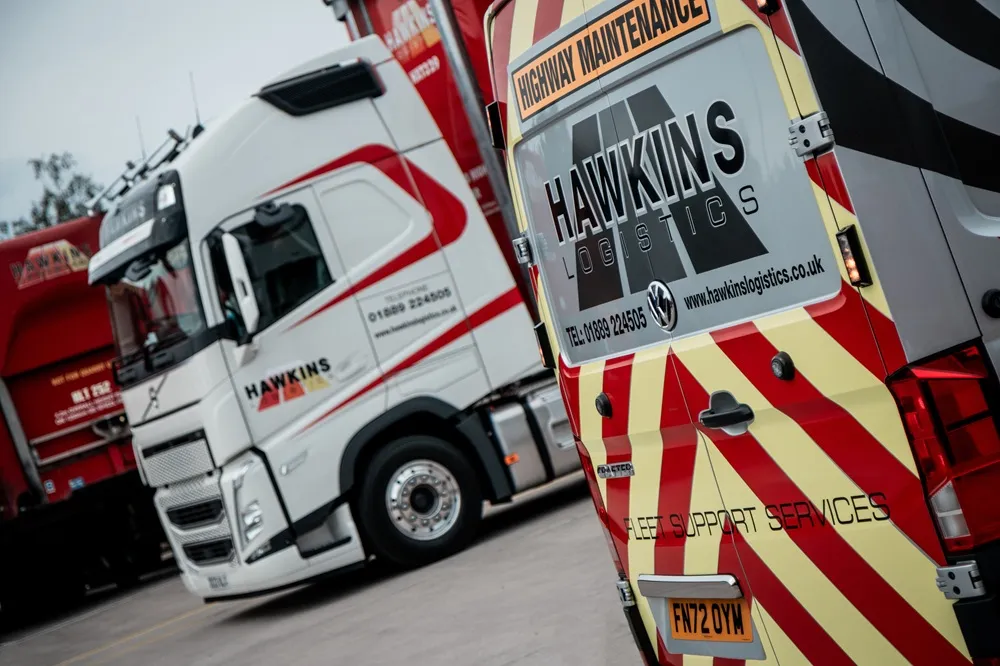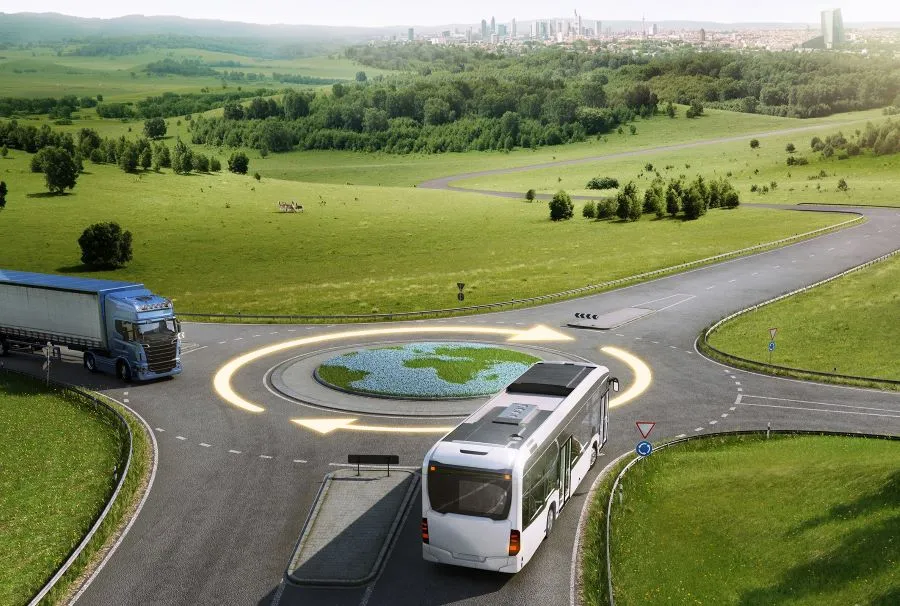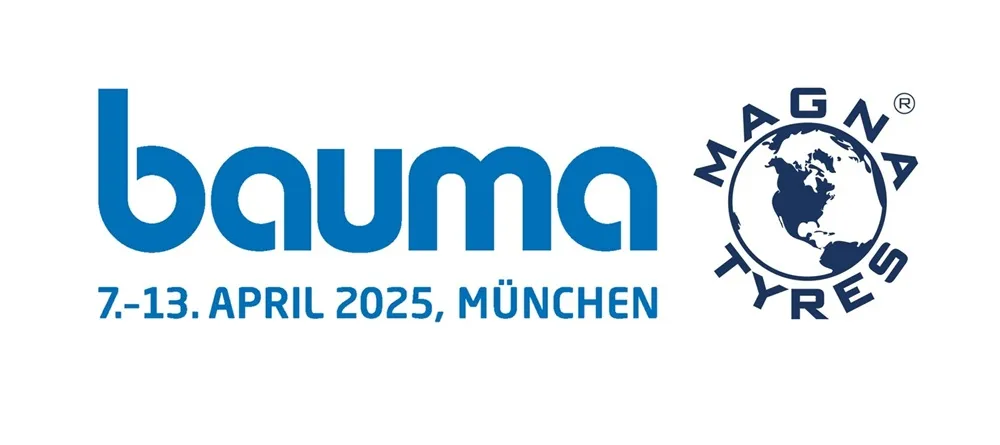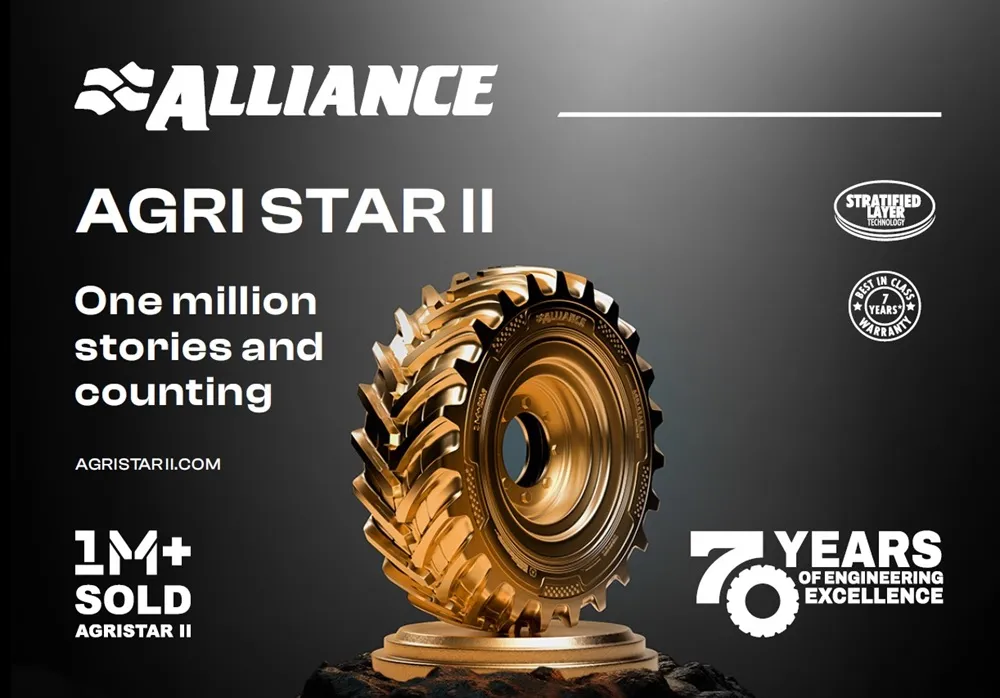The light commercial vehicle sector in Spain recorded a 27.3% drop on the previous year as 6,939 units were registered in new figures released by the Asociación Española de Fabricantes de Automóviles y Camiones (ANFAC). Industrial vehicles, buses, coaches and minibuses did, however see a rise of 14.5%, with a total of 2,268 units recorded in the first month of 2022.
Vans See Steepest Drop in January
With 2,066 large vans weighing between 2.8-3.5 tonnes registered in the month, ANFAC’s figures have suggested 34.6% drop for the segment. Ford, FIAT, Volkswagen and Mercedes proved to be the most popular models in January 2022. Interestingly, Ford sold 0.6% more large vans compared to January 2021, with the latter three brands recording losses more in line with the general market performance.
Vans also saw a drop of 34.9%, with 2,835 units registered as Peugeot and Renault swept up approximately 40% of the market. In better news for the sector, trucks with a chassis weighing between 2.8-3.5 tonnes saw an upsurge of 21.7% with 640 sales with Iveco proving to be the most popular purchase amongst users with 223 units sold during the month.
Every autonomous community in Spain saw drops in new vehicle registrations in January, with Cantabria and Las Islas Canarias the biggest casualties, with 49.4 and 47.9% drops respectively. The regions with the highest number of registrations were Madrid (2,607), Cataluña (1,016) and Andalucia (718).
Industrial Sector and Buses Fare Better
With a 14.5% increase for industrial vehicles and buses, the year has started well for the sector. Both segments recorded growth with industrial vehicles seeing 13.9% growth with its 2,127 units registered, with bus and coaches following in the same vein with a 23.3% improvement on 2021 with 159 units sold.
In terms of brands for the industrial vehicle segment, Iveco (345 units registered) lead the way in January whilst being closely followed by MAN (316), Mercedes (296) and Renault Trucks (286). On the bus side, 57 units of Mercedes buses were registered in January which represented an almost 50% jump on their performance in January 2021.
The results for industrial vehicles reflected differently across the autonomous communities, with Asturias seeing a 76.9% year-on-year increase with 23 registrations, followed by Murcia (68.2% – 148 registrations). Madrid and Andalucia are the first and second in terms of units registered with both regions achieving an equal 47.1% increase as 515 and 406 units were recorded respectively.
For buses, various autonomous communities had no sales. Cataluña lead the way with 45 units sold, followed by Galicia with 36, and Pais Vasco positioned in third with 17.
Noemi Navas, Director of Communication at ANFAC, noted that January’s data still demonstrated that the microchip crisis is still very much a factor for the industry.
Raúl Morales, Communications Director of FACONAUTO, indicated that “the change of year has not meant a change in the trend in registrations, which have reduced to the bare minimum.” He adds that market uncertainty is affecting consumers who are postponing buying a new vehicle.
GANVAM‘s Director of Communications, Tania Puche is equally cautious with the results from the first month. “The fact that the comparison with the same month of the previous year is positive should not make us lose sight of the effects of the pandemic and the microchip crisis, which continues to wreak havoc on sales.”
Puche predicts that this year will be a year of transition while the market attempts to solve the external issues which proved to be the root cause of the final figures for 2020 and 2021.

